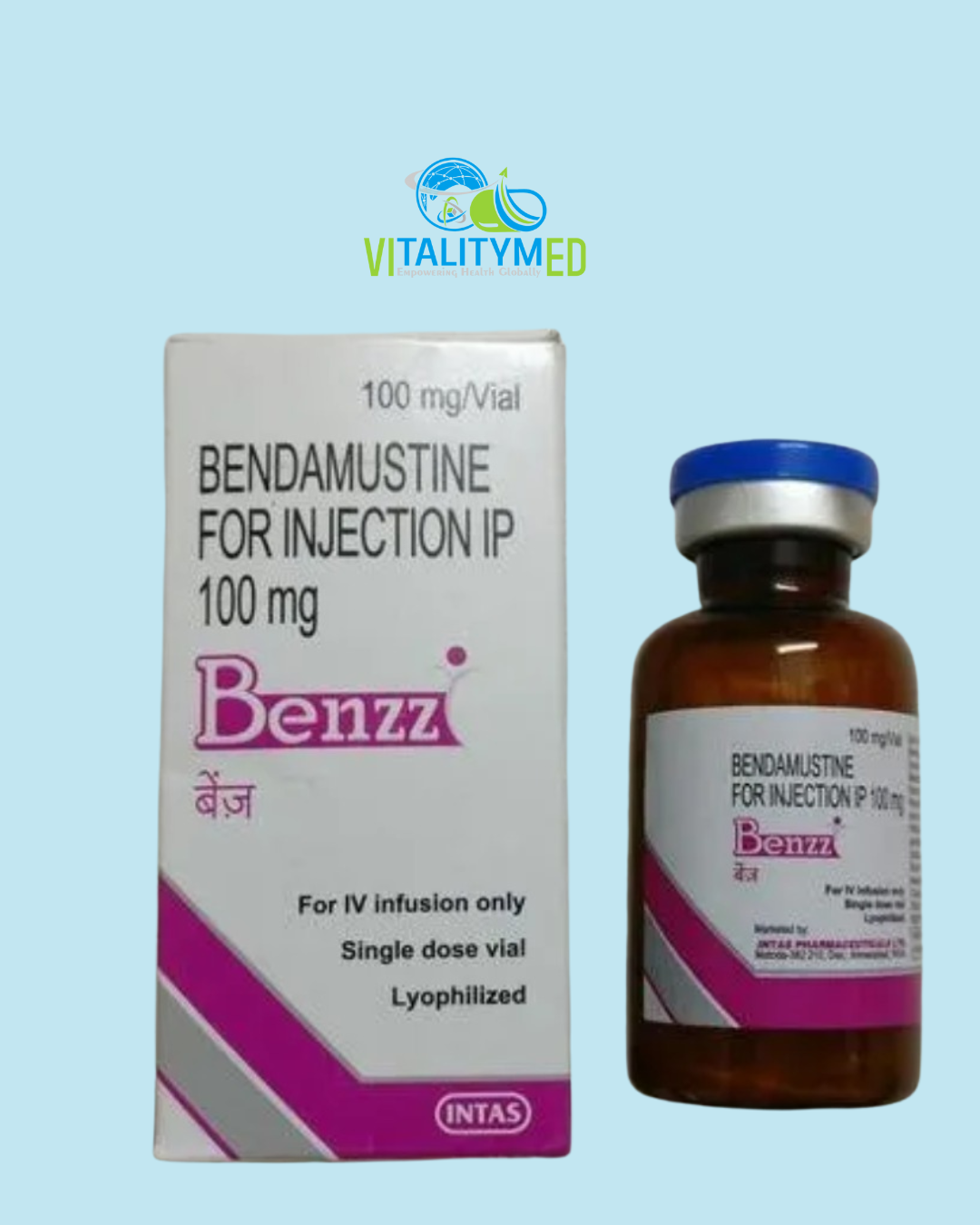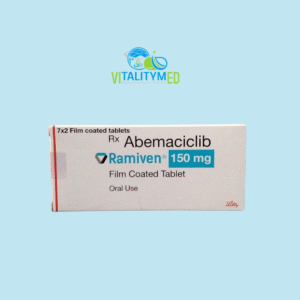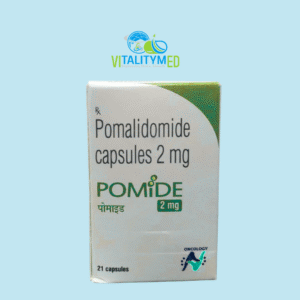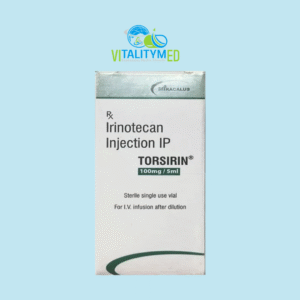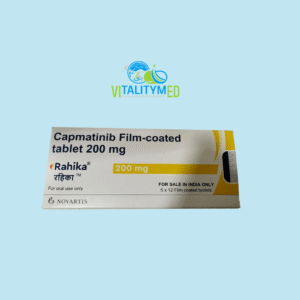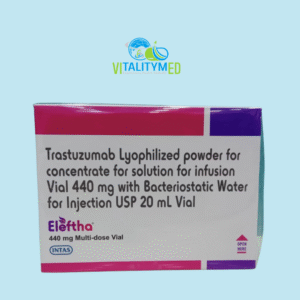BENZZ contains bendamustine, a chemotherapy medication used to treat certain types of blood cancers. It is a synthetic compound that combines properties of both alkylating agents and purine analogues, making it effective in slowing or stopping the growth of cancer cells. Bendamustine is often chosen for its unique action and tolerability profile in patients who have not responded well to other treatments.
Mechanism of Action
Bendamustine works by damaging the DNA of cancer cells. It forms cross-links between DNA strands, which prevents the cells from dividing and leads to cell death. Unlike traditional alkylating agents, bendamustine also interferes with other processes inside the cancer cells, enhancing its anti-cancer effects. Its dual mechanism gives it an edge in treating resistant forms of blood cancer.
Uses
BENZZ is primarily used in the treatment of chronic lymphocytic leukaemia and indolent non-Hodgkin lymphomas, particularly in patients who have not responded well to standard therapies. It is also sometimes used in multiple myeloma and mantle cell lymphoma, often as part of combination regimens depending on the patient’s condition and treatment goals.
Adverse Effects
Common side effects include low white blood cell counts, fatigue, nausea, vomiting, and fever. Some patients may experience infections due to lowered immunity. Skin rashes, mouth sores, and loss of appetite are also reported. Serious but less frequent reactions may involve liver function changes, allergic reactions, or infusion-related symptoms. Close medical supervision is important to adjust the dose and manage any side effects promptly.

